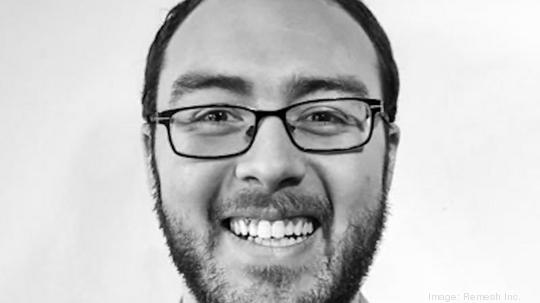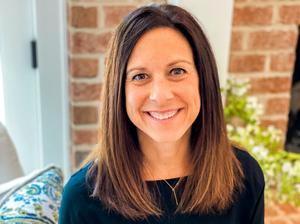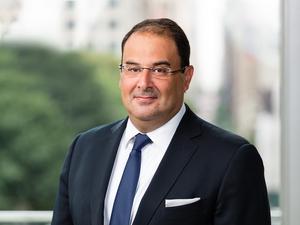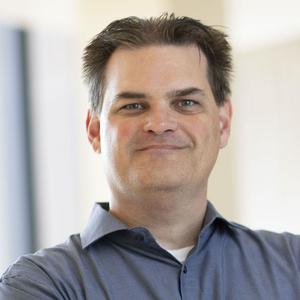
What started as Andrew Konya's desire to help friends on opposite sides of a geopolitical conflict has grown into an artificial intelligence-powered digital conversation platform.
Konya is using the technology he and his colleagues developed at Remesh Inc. to do market research and human resource management for companies and organizations, but the technology has many applications, he said.
Remesh, which Konya and his colleagues moved to Barclay's Techstars accelerator in New York City in 2015 — and then back to Cleveland during the pandemic — now employs about 150 people, all of whom are working virtually because of Covid-19, Konya said.
"We've raised north of $40 million in venture funding and (more than) doubled our top-line metric every year for going on five years now," he said.
The global customer experience management market is estimated to be $8.2 billion in 2020 and expected to reach $14.5 billion by 2025, growing at a compound annual growth rate of 12%, according to ResearchAndMarkets.com.
Resolving conflict
Konya started Remesh as a conflict resolution tool. Friends on both sides of the Israeli/Palestinian conflict were having trouble communicating.
Even though life-and-death negotiations were going on, millions of people had no say in their countries' peace negotiations, he said.
"It was really, really hard to actually understand a whole population of people," Konya said. "You can't talk to a million people at the same time."
So Konya put his career as a theoretical physicist at Kent State University's Advanced Materials and Liquid Crystal Institute on hold to try to answer this dilemma.
Getting started
Konya wanted his technology not only to collect, analyze and report data from a population but to use artificial intelligence to communicate that data in the form of conversations in real-time.
"We take a population of people, give them a voice, and let them as a group participate in our conversation as if they were an individual," Konya asked. "We wanted to be able to scale this to the point where we can talk to an entire country of people."
Two commercial applications emerged for the technology: market research and employee engagement.
Market research
Many companies spend millions of dollars a year doing market research the old-fashioned way with in-person focus groups and rounds of surveys. Weeks and sometimes months pass before the companies make a marketing decision.
"And that was OK when the world moved slow, but as the world has moved faster and faster, that's become unacceptable," Konya said.
"We said, 'Hey, we can let you have a live conversation with your customers at a scale that you can have confidence in, and the whole thing will take an hour,' " he said. "That was a really potent value proposition for the world, so that kicked off our business."
Nestlé, the Swiss food giant that has a research center in Solon, Ohio, used Remesh to get customer feedback from a 60-minute conversation with 110 target audience members to choose an advertising campaign to launch its LifeCuisine frozen meals, according to a Remesh case study.
Enter, Covid
"We went from no business to a quickly scaling business in market research and the initial flavors of employee engagement," Konya said.
Then, Covid "caused a whole bunch of changes" for employers, including Remesh.
"We went remote. Our center of mass started shifting from New York City back to Cleveland," said Konya, who with co-founder, Gary Ellis, and some Remesh executives bought homes in the Cleveland area.
Remesh also started hiring workers in Cleveland.
At the same time that consumer habits and employee attitudes were changing faster than ever, the pandemic was making it impossible to talk to customers and employees face-to-face.
Market research and employee engagement to keep up with the change "became way more important," Konya said. "And that meant that our solution became that much more potent of a solution."
Remesh also got its first opportunity to help resolve conflict in Yemen during the pandemic.
"As Covid put pressure on different sides of the conflict, there was a little bit more motivation to come together and solve it," Konya said.






